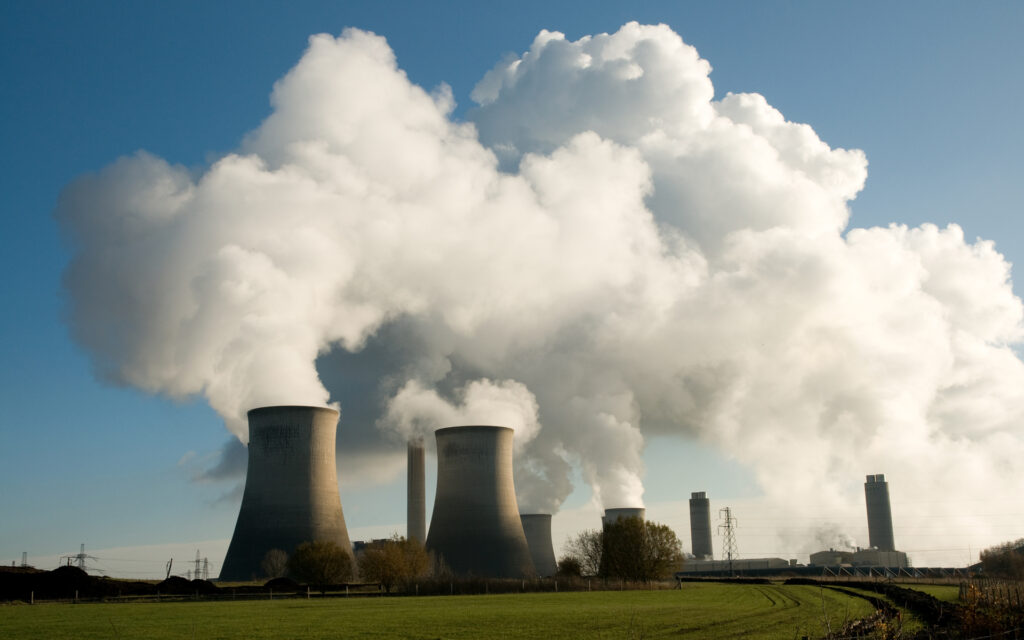
The UN Climate Change Conference (COP26) took place in November in Glasgow and brought together countries to discuss how they can tackle the global issue. It was the first time since COP21, which took place in 2015, that parties were expected to enhance their commitments to climate change.
The outcomes were disappointing for some, with activists arguing they did not go far enough. Yet, an agreement was made that, while not legally binding, sets the global agenda on climate change for the next decade.
If you’re an investor, agreements and governmental policies that relate to climate change could have an impact on your portfolio. For instance, reducing certain activities or penalising companies that pose a risk to climate change agreements could mean that some of your investments aren’t as profitable as they once were.
So, what was agreed at COP26 and how could it affect investors?
The COP26 agreement
Among the key parts of the agreement are:
- For the first time at a COP conference, there was a plan to reduce the use of coal. However, after an intervention by China and India, the plan to “phase out” coal was watered down to “phase down”
- Over 140 countries signed up to a forests and land use pledge, with the leaders of countries home to 90% of the plant’s forests committed to halting land degradation by the end of the decade
- Around 20 countries have said they would end overseas funding of fossil fuels by 2022
- Almost 100 countries agreed to slash methane emissions by 30% by 2030
- World leaders agreed to phase out subsidies for fossil fuels, although no dates have been given
- Countries pledged to support developing countries coping with the effects of climate change and help them switch to clean energy alternatives
- Financial organisations controlling $130 trillion (£96 trillion) agreed to back “clean” technology and direct finance away from industries that burn fossil fuels.
While parts of the agreement may have been watered down, the outcome shows a commitment to moving towards cutting out the use of fossil fuels. These steps aim to keep temperature rises within 1.5C above pre-industrial levels. Rises above this are predicted to cause “climate catastrophe”.
However, a report in the New Scientist, suggests the pledge put forward in Glasgow doesn’t go far enough. Research estimates that current climate plans would lead to temperatures rising 2.4C. As a result, world leaders and businesses could find that they face increasing pressure to make further commitments.
The impact for investors
While the outcome of COP26 may not have an immediate effect on your investments, it does suggest that political and regulatory scrutiny will increase.
A UK commitment at COP26 highlights the increased scrutiny businesses will face. By the end of 2023, all large companies and public enterprises will be required to publish a net-zero transition plan.
Companies that don’t start taking action against climate change could face two challenges:
- As regulation changes, they could find that activities are hampered or that costs begin to rise. Business leaders will need to consider how they can operate when global commitments are being made to cut fossil fuels and preserve the environment.
- Companies that fail to make changes could also find that negative press and customer views have a direct impact on sales and operations. Again, this could affect the profitability of a business.
Investors should be aware of the impact that climate action could have on their investments and the level of risk they’re taking. Taking climate action into consideration when making investment decisions doesn’t just mean reducing your exposure to some areas, it can also mean seeking opportunities.
As fossil fuels are phased out, the reliance on renewable energy and electric vehicles will rise. For some investors, these industries could present an opportunity.
Should you start considering climate change in your investments?
As an investor, you may already consider other factors that aren’t financial when you’re making decisions. Adding climate change to these considerations can help align your portfolio with long-term outlooks.
However, it’s just as important to keep things like your risk profile and goals in mind. If you’d like to talk about how climate change could affect your investments over the long term, please contact us.
Please note: This blog is for general information only and does not constitute advice. The information is aimed at retail clients only.